World Netball rule changes put onus on players to keep game clean
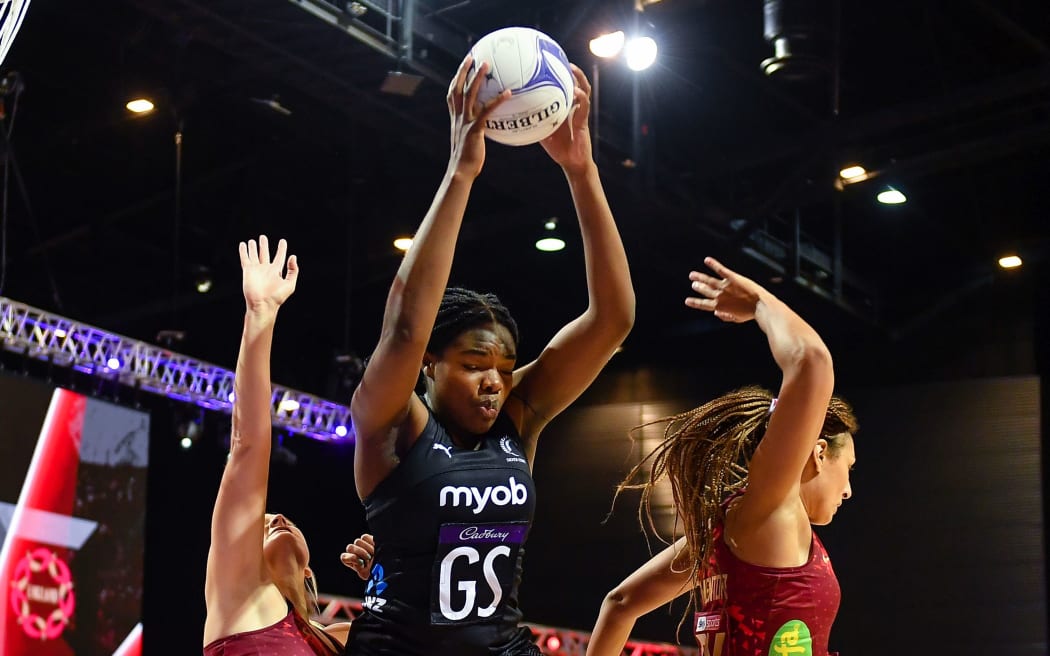
Photo: PHOTOSPORT
A New Zealand member of World Netball’s Rules Advisory Panel (RAP) says proposed rule changes send a clear message that players need to take more responsibility to keep the game clean.
Netball umpire turned Super Rugby referee Jono Bredin is a member of RAP which will present a set of rule changes to be voted on just before the World Cup in South Africa in a couple of weeks. The rule changes, if approved, will come into force from next year.
World Netball wanted the review to look at player safety.
Bredin said while undertaking the review, independent industry leaders in the medical profession came out saying that netball needed to get serious about some of these issues, particularly concussion.
Bredin is in a unique position after switching codes in 2019. He’s now a Super Rugby Pacific referee, where concussion checks are part and parcel of the game.
“It was only a couple of weeks ago in the Suncorp Preliminary Final we had a player run full steam into a goalpost with no real sign of visible checks. And that player continued playing only to leave the match in the fourth quarter with vomiting and other concussion related symptoms.
“That’s not something that is a good look for our sport,” Bredin said.
He said the added complexity in netball was that it is predominantly played on hard indoor surfaces or concrete outdoor courts so the risk was high if players fell from height.
“We just can’t afford to ignore the reality that these instances can occur and as athletes get fitter, faster, stronger, we’ve seen a more dynamic and aerial game evolve. We need to keep ahead of that for the protection of the players.”
Onus on players
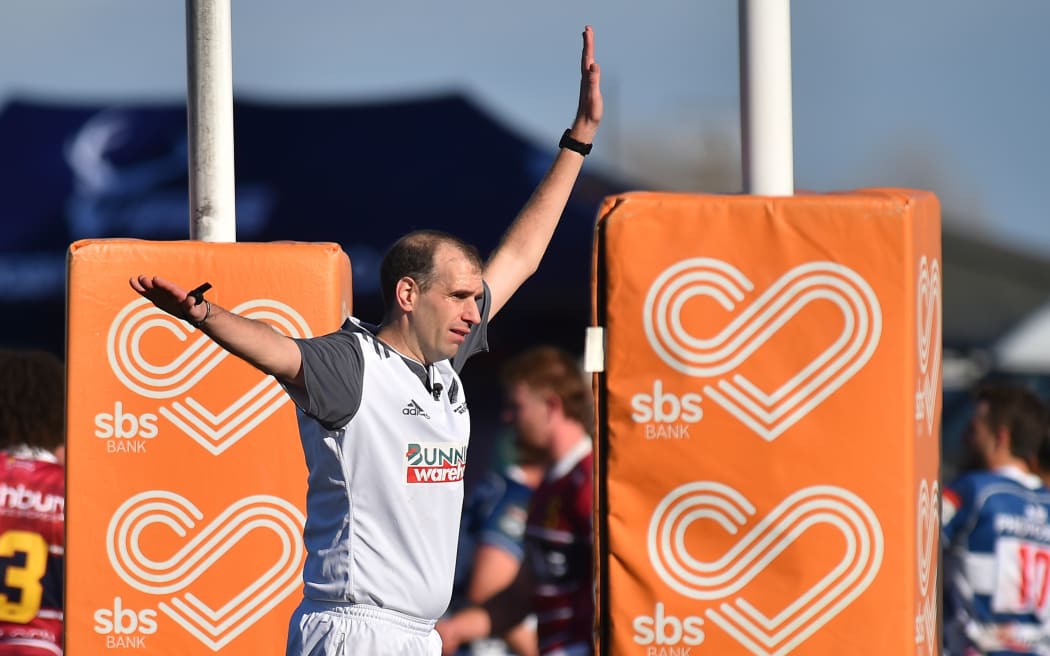
Jono Bredin now referees Super Rugby
Photo: BLAKE ARMSTRONG
A crack down on dangerous play is a big part of making the game safer.
Bredin said RAP rewrote the game management rules to make it clear to everyone involved in the sport, what is acceptable and what is not.
“And what the consequences are if these things happen. And putting the onus of that back on the players and the coaches to play in a way that’s within the rules rather than the umpire necessarily having to force the issue, which it feels like is the case under the current rules.”
Bredin said they have given the umpires the tools to use but “ultimately the responsibility to play within those rules rests with the players and they need to change the behaviour accordingly.”
Umpires will be able to advance up to half a third and/or escalate a free pass to a penalty pass.
If a team has cumulative advanced and/or escalated sanctions, the umpire ‘must’ issue a warning to the next infringing player for that team.
Bredin said it put the responsibility on the team as a whole.
“That’s what we’re trying to achieve. We’ve seen games of netball now, which have in excess of 100 penalties and a lot of them could be for the same thing from the same team”.
He said the by-product would be a better spectacle.
“We’re just trying to get the product that stakeholders across the sport want. And that’s not just players, coaches and umpires – but also spectators and broadcasters.
“We want a game that doesn’t have as much whistle, we want the game to flow, we want players skills to shine through. And the best way to do that is to reduce the amount of infringement and getting people playing within the rules.
“How many other sports would allow the accumulation of say 20 penalties on one player without further consequence?”
Normalising sanctions
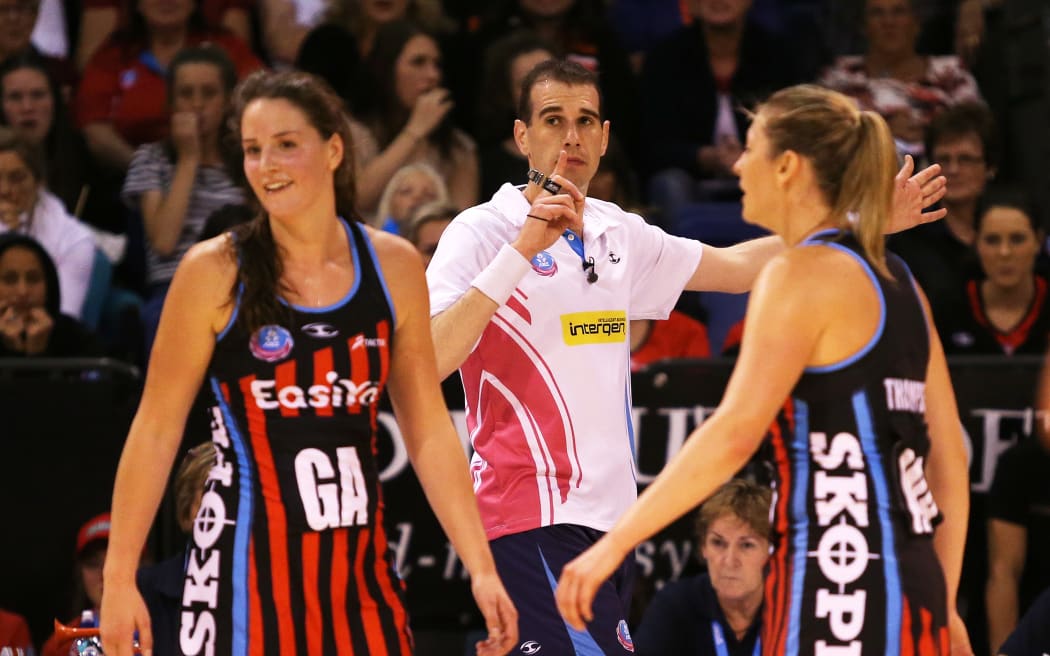
Jono Bredin during netball’s ANZ Championship in 2014.
Photo: Joseph Johnson/www.photosport.co.nz
In basketball players get fouled off regularly. In rugby players get issued with yellow cards and no one raises an eyebrow.
But in netball when players get suspended or ordered off, it’s inevitably seen as controversial, even headline generating and that’s got to put a lot of pressure on umpires.
“I’ve got first hand experience of this by being in a situation where I’ve had to suspend the player. It’s almost viewed that if a player is suspended or ordered off, the umpire has somehow failed in their duty to control the fixture.
“Whereas players choose to conduct dangerous play or consistently break the rules. It’s actually not the umpires issue. If they haven’t responded to the rulings, then they take the consequences.
“We want to make it clear that if certain actions occur, these are the actions the umpires are going to take and they will be fully supported in doing that.”
Bredin said the use of sanctions in other sports was quite normalised and most fans accepting of the outcomes.
“And I think that’s what we’re trying to achieve in netball. We don’t want to see players removed from the court but at the same time, we don’t want teams winning games by blatantly infringing over and over again.”
Currently an ordered off player can’t be replaced but the rewritten game management rules allow a team to replace that player at the end of four minutes.
Bredin said they had to consider what impact having a player down could mean to a netball game.
“For example if a goal shooter was ordered off in the first minute of the match, to play with one shooter for 59 minutes would have a massive impact compared to say losing a wing defence.
“Also asking a team to run with six players for what could be up to 60 minutes could be a health and safety issue in itself.”
He said a team was still sufficiently disadvantaged by having to play a substitute player in that position.
From toss ups to two-point shots
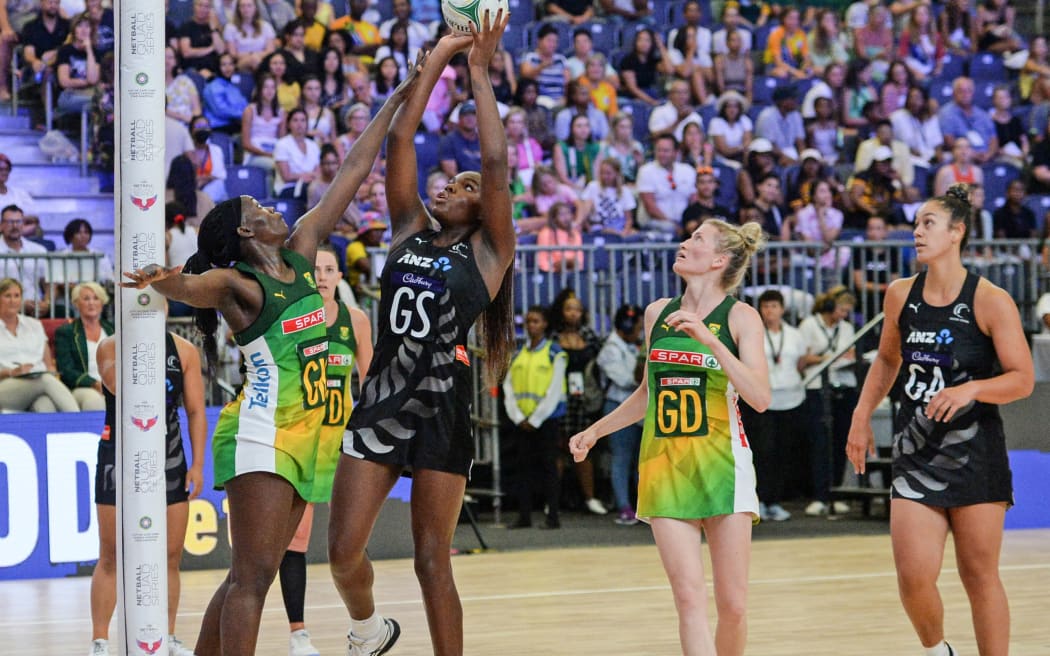
Grace Nweke of New Zealand shoots as Phumza Maweni of South Africa tries to stop her during the Netball Quad Series game at the CTICC in Cape Town on 21 January, 2023.
Photo: Photosport / Ryan Wilkisky / BackpagePix
Many fans have lamented the slow demise of the toss up and if congress votes in favour, it will disappear from the rule book and be replaced with a method of awarding an alternating free pass for things like simultaneous infringements.
“We were responding to members actually wanting to come up with another way of determining how that was dealt with.
“Our panel includes Michelle Phippard and myself. We had over 500 Test matches and ANZ premiership matches between us and we had two toss ups in that time.
“We get the nostalgia around it but it was just viewed as obsolete. And we don’t feel that the mechanism we’ve come up with for something that happens potentially two games out of 500, is too controversial.”
But there’s still some rules that appear to be considered sacred, for now.
Australia’s Suncorp Super Netball competition controversially introduced a two-point scoring zone for the last five minutes of each quarter in 2020.
So did any of the 244 submissions to RAP ask for the two point shot to be considered?
“None whatsoever.
“I raised that as something to talk about because we’ve got a major league in the world using it, and it’s used in the Fast Five format. But no the pretty clear message from the membership is that that wasn’t something they wanted to consider for the traditional version of the game.”
Bredin said the review process was exhaustive.
“We’ve had members feedback, expert advisory feedback, player feedback, it’s probably the most robust and thorough process that occurs within netball.
“And we’re the guardians of that. So we’re quite comfortable with where we’ve landed but if there’s anything contentious or anything that needs to be tweaked, we have the ability to do that in Cape Town.”
Fit for purpose
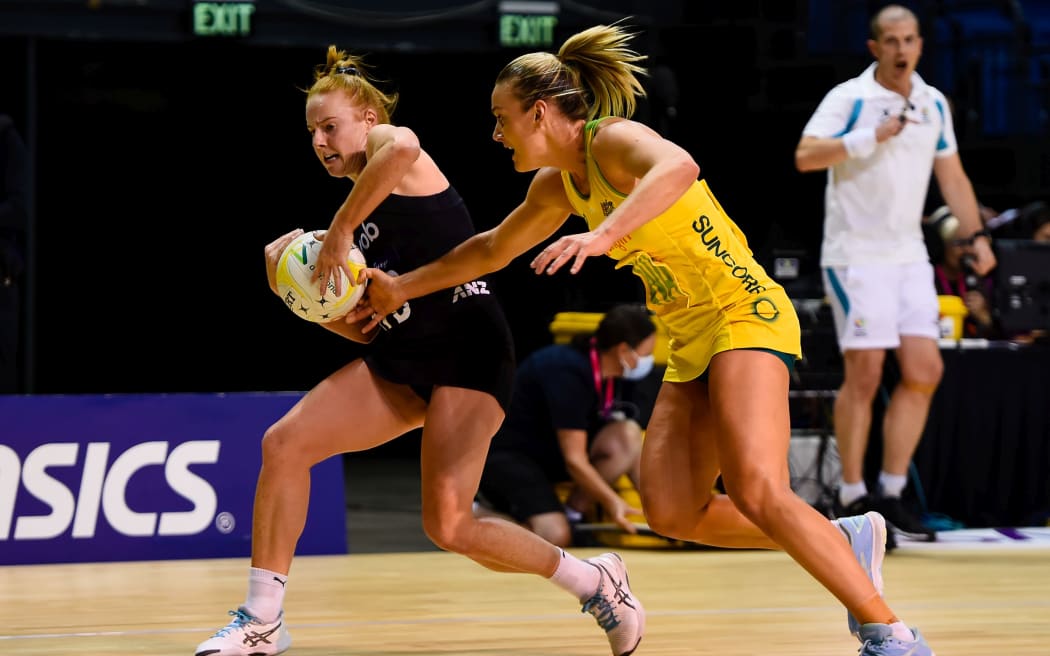
Photo: PHOTOSPORT
Bredin said other proposed rule changes were about tidying up areas that weren’t fit for purpose, such as the short pass rule, which has put defenders at a disadvantage.
Under the proposal, the trajectory of the ball will increase to at least three feet before it can be caught by a player on the same team.
“If you were to attach a streamer to a ball, for example, when it took its whole flight, and you’d lay that flat on the floor, it would be at least three feet. So that goes 45 centimetres up and 45 centimetres down, you’ve got three feet.”
Some rules can lead to unintended consequences.
For example RAP wants to get rid of the requirement for a player taking a throw in to wait until all other players are on the court before releasing the ball.
Why? Because a player at the opposite end of the court may be trying to gain a better position around the goal post and they are out of court when the pass is made. Or an opposition player may deliberately step outside of the court at a throw in force a turn over so their team gains possession.
The panel will present the draft rules to congress in Cape Town and members can vote on block.
“But we do have the ability to vote on specific rules and that will be dictated by the members of congress.”
RAP consulted closely with World Netball’s Coaching Advisory Panel and Medical Advisory Panel.
“It’s been quite reassuring as we’ve been working through this process to see the overwhelming support and alignment across those three areas of the game to what we’ve come up with. I think that sets us in really good stead to take the sport forward in a safe and exciting manner.”
For all the latest Sports News Click Here
For the latest news and updates, follow us on Google News.
